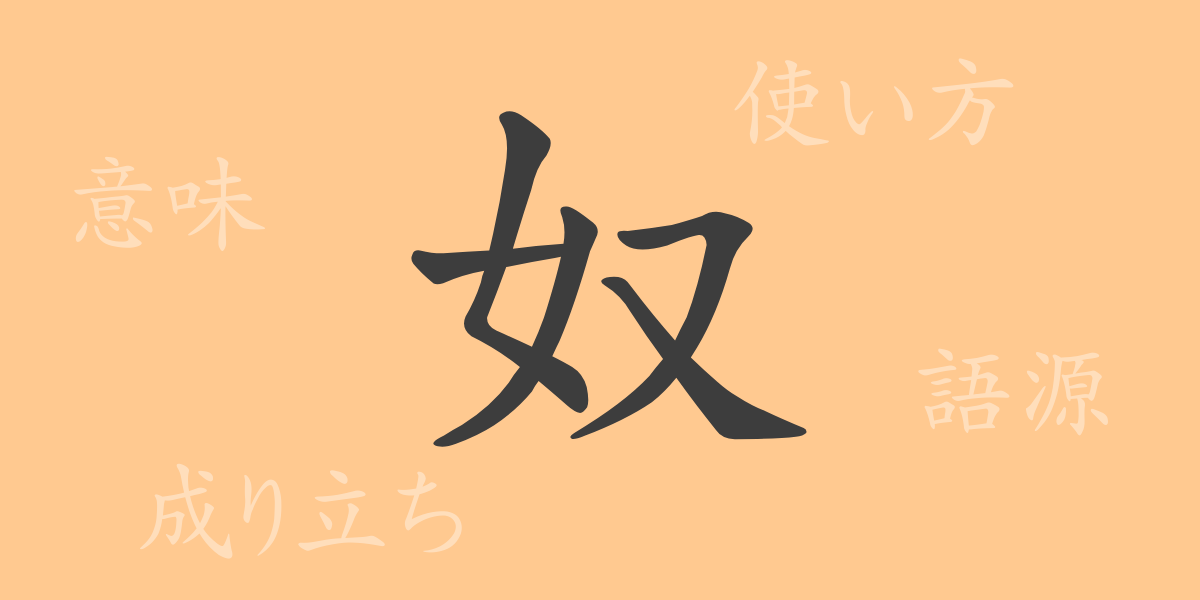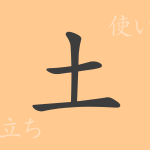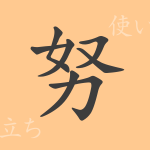In the Japanese language, each kanji reflects a deep cultural background through its rich meanings and history. One such commonly used kanji, ‘奴(ど)’ is no exception. This article delves into the origins, meanings, usages, and the everyday phrases and idioms that include ‘奴’, offering readers a chance to rediscover the depth of the Japanese language.
Origins of ‘奴(ど)’
The kanji ‘奴’ was originally used in ancient China to denote a slave. As a pictograph, it combines ‘人’ (person) and ‘又’ (again), which historically symbolized servitude. Over time, ‘奴’ evolved to encompass a broader range of meanings, eventually being used in various contexts beyond its original connotation.
Meaning and Usage of ‘奴(ど)’
In modern Japanese, ‘奴’ is primarily used as a pronoun with a colloquial nuance. It is often employed to refer to someone in a slightly derogatory or familiar manner. Additionally, ‘奴’ can be used as an impersonal pronoun in casual speech to refer to things or situations.
Readings, Stroke Count, and Radical of ‘奴(ど)’
‘奴’ holds a significant place in the Japanese writing system, with its readings and structural details as follows:
- Readings: On’yomi is ‘ド’, Kun’yomi is ‘やつ’
- Stroke count: Total of 5 strokes
- Radical: 女部 (おんなへん – woman radical)
Idioms and Proverbs Using ‘奴(ど)’
‘奴’ enriches Japanese expressions, seen in various idioms and phrases. For example, ‘奴等(ども)’ is used to refer to a group of people, while ‘この奴(このやつ)’ is used to point out someone specifically. A proverb using ‘奴’, ‘奴については蓋をしておけ’, implies that it’s better not to meddle in unnecessary matters.
Conclusion on ‘奴(ど)’
The meanings embedded in a single kanji offer more than just a symbol; they provide a gateway to express a range of emotions and scenarios. This article aims to help readers understand the multifaceted nature of ‘奴’, enhancing the enjoyment and depth of Japanese language expression.

























